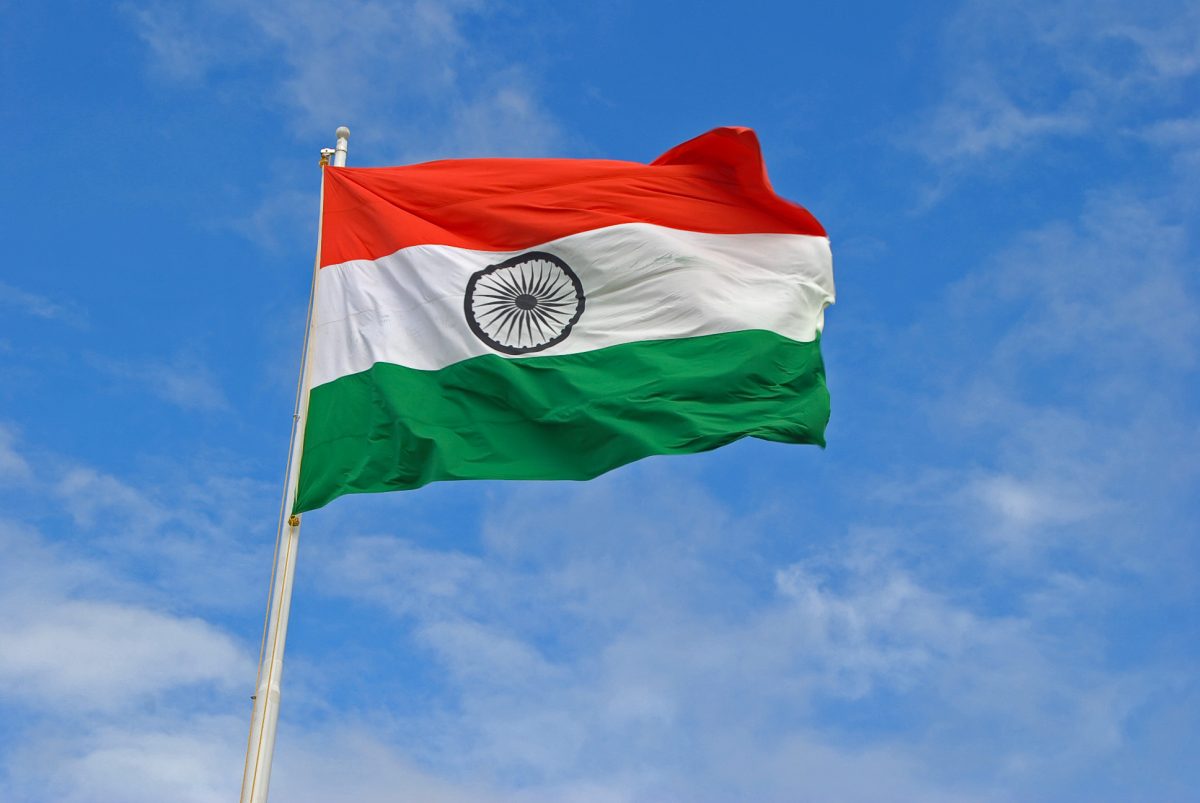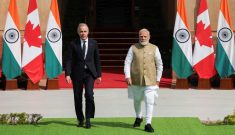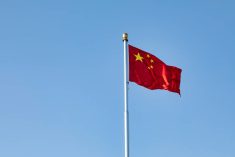Regina | Reuters — India’s government is considering guaranteeing Canada ongoing pulse crop sales so its farmers keep growing the vital protein source, Indian High Commissioner to Canada Dinesh Patnaik said during a visit to Saskatchewan.
The leaders of India and Canada have agreed to restart negotiations for a comprehensive trade deal as diplomatic relations thaw under Canada’s Prime Minister Mark Carney.
WHY IT MATTERS: Canada is a major global supplier of lentils to India, vying with Australia to be the top source. It is also a top supplier of peas, along with Russia.
Read Also

U.S. to seek more foreign tariff cuts, CUSMA improvements in 2026
The U.S. Trade Representative’s office said on Monday it will seek further reductions in foreign tariffs and non-tariff barriers this year, enforce its “reciprocal” trade deals and consider launching new unfair trade practices investigations.
India imposed a 30 per cent import duty on all yellow peas, effective November 1, after pressure from local farmers.
The Canadian and Indian governments are discussing “whether we can have a quota, whether we can have a lesser tariff, whether we can have a different system of how we can make sure that in the long run pulses from Canada go regularly to India,” said Patnaik after a tour of the Agribition farm show on Thursday.
Farmers at the show have said they might not grow peas in 2026 due to China’s 100 per cent duties on Canadian peas and India’s recently imposed duties. Those are two of Canada’s three biggest pea markets, with the U.S. the third, and many farmers say these tariff rates will make the crop unprofitable for them, so they are likely to plant other crops instead.
Patnaik said India would always need to have foreign sources of pulse crops for the long run, even if it has years of domestic surplus. India does not want to see Canadian farmers permanently back away from growing the crop, he said. Import restrictions are used to raise domestic prices to help Indian farmers, he said.
Canada’s agriculture and international affairs ministries did not immediately respond to a request for comment.
India has a long term strategy of becoming self-sufficient in pulse crop production, but many analysts are skeptical it can achieve that goal.
















